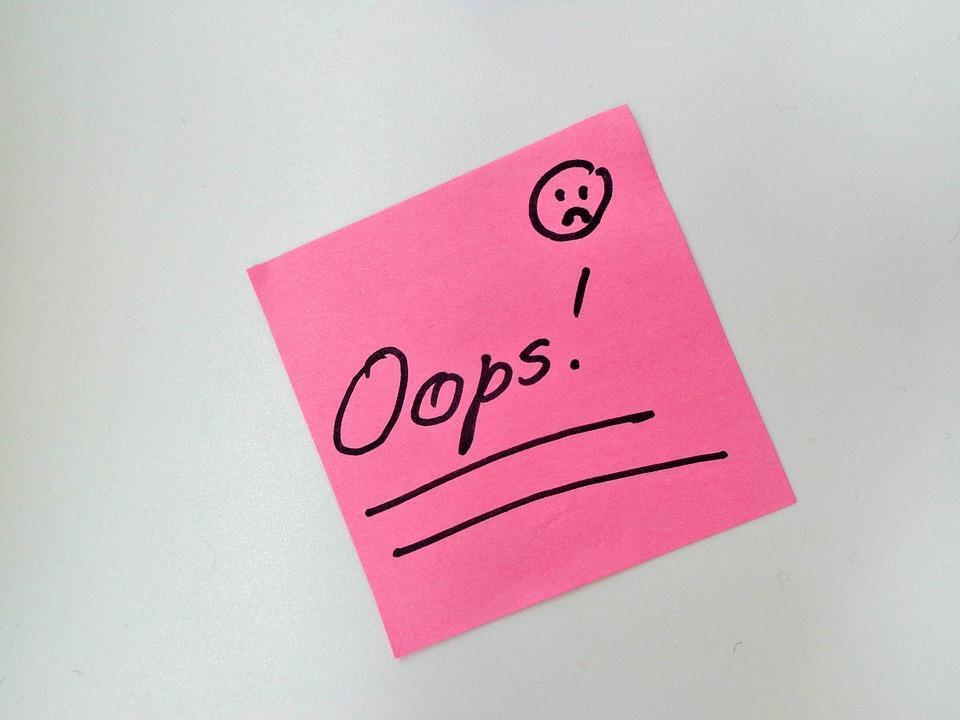At uCheck, we process thousands of DBS applications every week, so we’re well-versed in common DBS application mistakes.
Luckily, we’re equally well-versed in fixing them – but helping people avoid them in the first place is even better.
Previously, we wrote a blog about how to avoid some of the most common DBS application mistakes. Since then, we’ve seen a few more errors cropping up frequently – so here’s a follow-up blog to help you get your DBS applications right first time.
Make sure all middle names are declared
The applicant’s full name must be declared, as well as any other names they’ve ever been known by. This includes middle names and any changes to middle names.
On our online application form, there are three sections to complete when it comes to entering your name: forename, middle name and surname. However, when declaring any other names, the middle name should be entered into the forename field.
All names entered, including any different variations, will be run against the Police National Computer, and any discrepancies with previous applications will be flagged; if relevant, the police would release this information onto the certificate. For this reason, it’s important that all names are declared correctly.
Include a full five-year address history
We mentioned this one in our last blog, but it really is one of the most common DBS application mistakes – so we’re mentioning it again.
It’s so important to make sure the applicant’s address history covers the entirety of the last five years.
All addresses should be given with accurate ‘from’ and ‘to’ dates, and all dates should be entered in the correct format (mm/yyyy). There shouldn’t be any gaps in between addresses.
If any address is missed out or the dates are entered incorrectly, the application may be rejected and the results delayed.
Documents must be in the applicant’s current legal name – with one exception
All the applicant’s identification documents must be in their current legal name.
In late 2018, the DBS decided to stop accepting amendments to applicant details over the phone. Because of this, it’s vital to make sure all details match the applicant’s documents – otherwise the DBS will automatically withdraw the application and you’ll need to start all over again.
There is one exception to this. The DBS will accept a passport in the applicant’s maiden name, as long as you also provide a marriage certificate that supports the name change.
In these circumstances, it’s up to the employer to use their professional judgement to decide whether the marriage and consequent name change were recent enough to qualify.
Common DBS application mistakes
Before you submit any DBS application, check it and double check it to make sure all details have been entered correctly and completely.
Be aware of these common DBS application mistakes while you’re filling out your application and you’ll be well on the way to completing the process quickly and smoothly.
If you need any help with your application, don’t hesitate to give us a call – our team of experts is always on hand to help.







